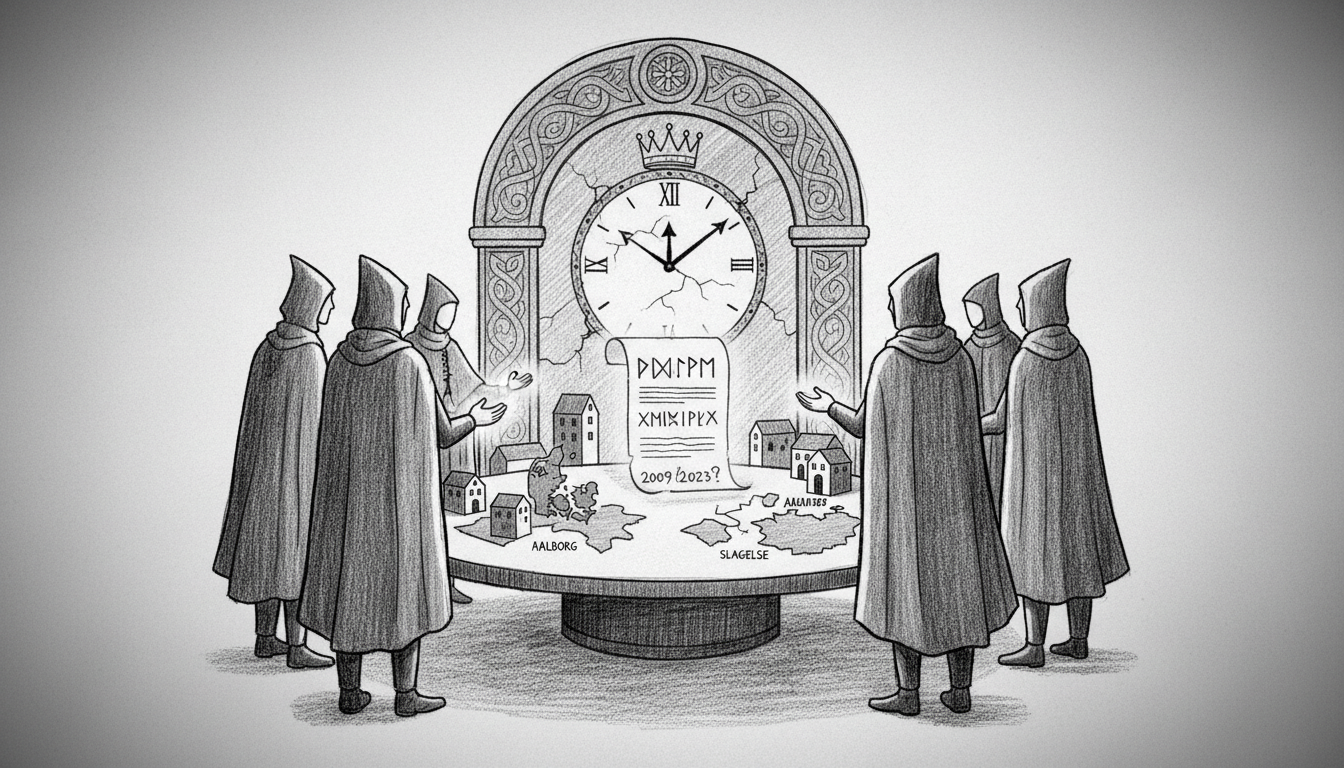Recent Danish municipal elections have triggered unexpected political shifts across multiple cities. Several mayoral positions changed hands through what observers describe as political coups. The situation highlights a constitutional quirk in Denmark's local governance system.
Professor Kasper Møller Hansen from Copenhagen University proposes shortening the negotiation window. Municipal councils currently have until mid-December to hold their constitutive meetings. This extended period creates uncertainty and enables last-minute political maneuvering. The professor suggests sealing agreements earlier to prevent these power shifts.
Political researcher Roger Buch disagrees with this technical solution. He argues that shorter timelines won't prevent politicians from changing parties or breaking agreements. Buch notes that most municipalities conduct their constitutional processes quietly and orderly. Only a handful of Denmark's 98 municipalities experience dramatic political changes.
The current situation mirrors 2009's municipal elections. Back then, eight municipalities saw mayoral changes before constitutive meetings. The Ministry of Economy and Interior investigated potential process improvements. Their 2012 publication concluded against restricting individual council members' freedom. Such restrictions would violate fundamental democratic principles.
Recent examples illustrate the volatility. In Aalborg, a Radikale Venstre politician initially claimed the mayor position from Socialdemokratiet. Hours later, the original candidate regained support when a Conservative member broke party lines. Similar drama unfolded in Slagelse, where multiple party shifts occurred before a final agreement.
Denmark's municipal governance structure allows considerable local autonomy. Council members exercise independent judgment during constitutional processes. This reflects the country's decentralized political tradition. The current system prioritizes democratic principles over administrative convenience.
International observers should understand that these political shifts occur within Denmark's stable democratic framework. The country maintains strong institutional safeguards. Local political maneuvering doesn't threaten national governance stability. Denmark's economy continues showing resilience despite political fluctuations.
Copenhagen business districts maintain normal operations during these municipal transitions. The Øresund region's cross-border trade remains unaffected. Danish companies like Ørsted and Maersk continue their global operations without disruption. The municipal political changes primarily affect local service delivery rather than national economic performance.
The debate continues about balancing democratic freedom with governance stability. Some experts suggest local codes of conduct rather than legislative changes. This approach respects local autonomy while encouraging political responsibility. The current system appears likely to continue despite occasional political drama.

